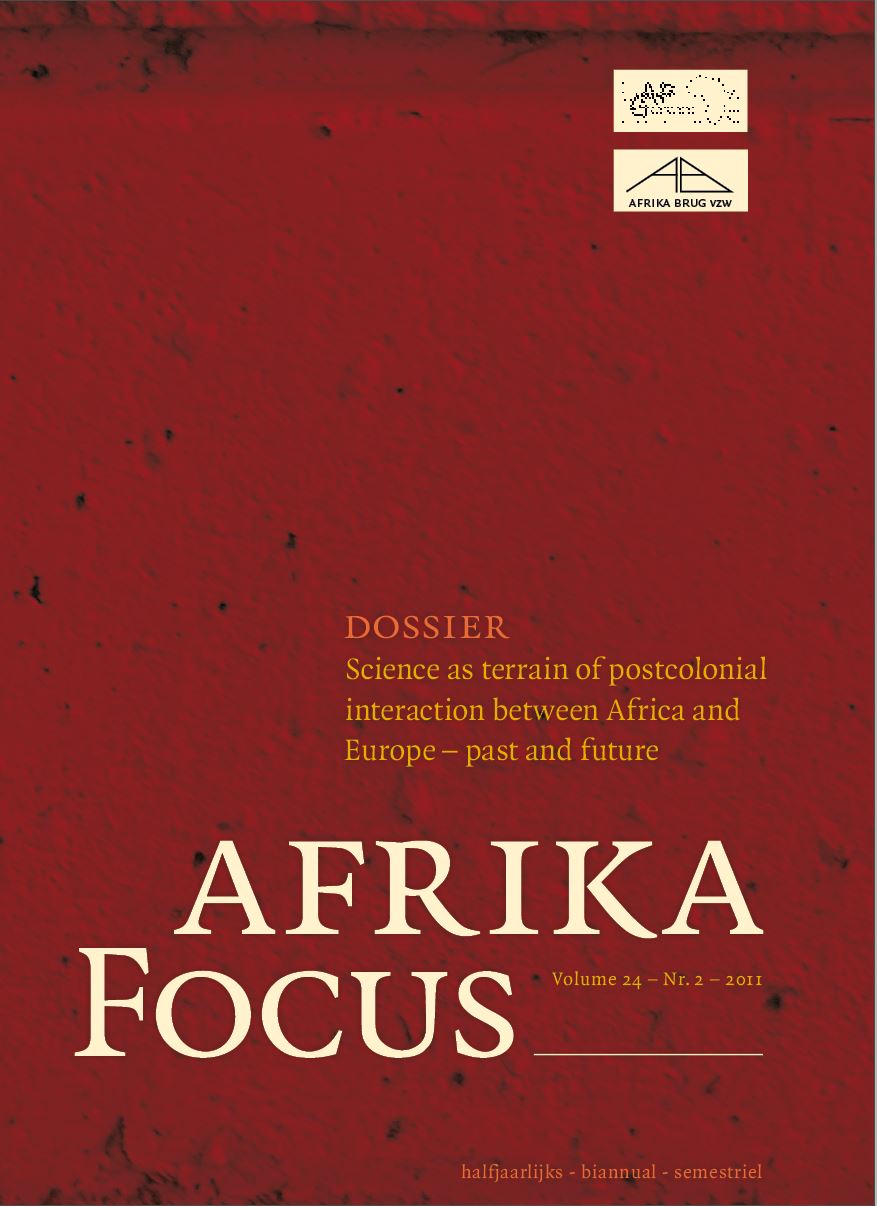European and Cameroonian scholarship on ethnicity and the making of identities in Cameroon: colonial and post-colonial trails
DOI:
https://doi.org/10.21825/af.v24i2.4999Abstract
Relations between colonial and post-colonial studies in and on Cameroon have been both continuous and discontinuous. As reflected in the domains of historiography and social anthropology, this has impacted on ethnic self-representations and popular labeling. This paper examines contrasting drives that have led to a replication of colonial redefinitions of ethnicity and how this informs current discussions on ethnicity in Cameroon. The argument is that certain research works have informed or substantially influenced the identity question when one aknowledges that the colonial period is a bench mark epoch in the establishment of certain categories of ethnic perception. Although substantially deconstructed at the scientific level, these categories have survived and continue to influence social categories of perception that become common sense intrusions (what Bourdieu called doxa) into social science. Key words: colonialism, ethnicity, identity, perceptions, scholarshipDownloads
Published
How to Cite
Issue
Section
License
Authors who publish with this journal agree to the following terms
Authors retain copyright and grant the journal right of first publication with the work simultaneously licensed under a Creative Commons Attribution License that allows others to share the work with an acknowledgement of the work's authorship and initial publication in this journal.
Authors are able to enter into separate, additional contractual arrangements for the non-exclusive distribution of the journal's published version of the work (e.g., post it to an institutional repository or publish it in a book), with an acknowledgement of its initial publication in this journal.
Authors are permitted and encouraged to post their work online (e.g., in institutional repositories or on their website) prior to and during the submission process, as it can lead to productive exchanges, as well as earlier and greater citation of published work (See The Effect of Open Access).


